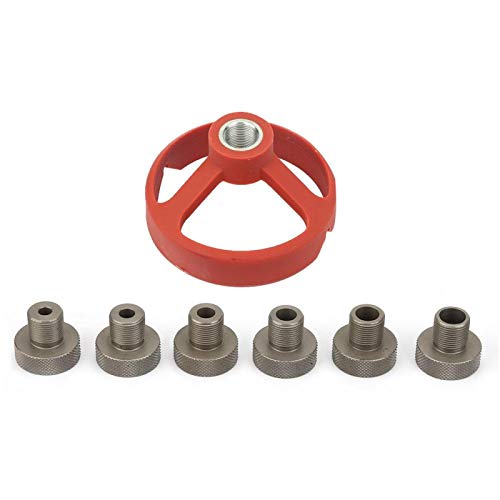kirstabelle
Well-Known Member
Hi all,
I have tried to research this but I trust all of you more than I do what I find. So......
Sleeve is back to pre-op levels of restriction a.k.a none..... unless I eat too much rice which I only eat rarely.
What are your thoughts and experiences on plication?
TIA
K
I have tried to research this but I trust all of you more than I do what I find. So......
Sleeve is back to pre-op levels of restriction a.k.a none..... unless I eat too much rice which I only eat rarely.
What are your thoughts and experiences on plication?
TIA
K











































